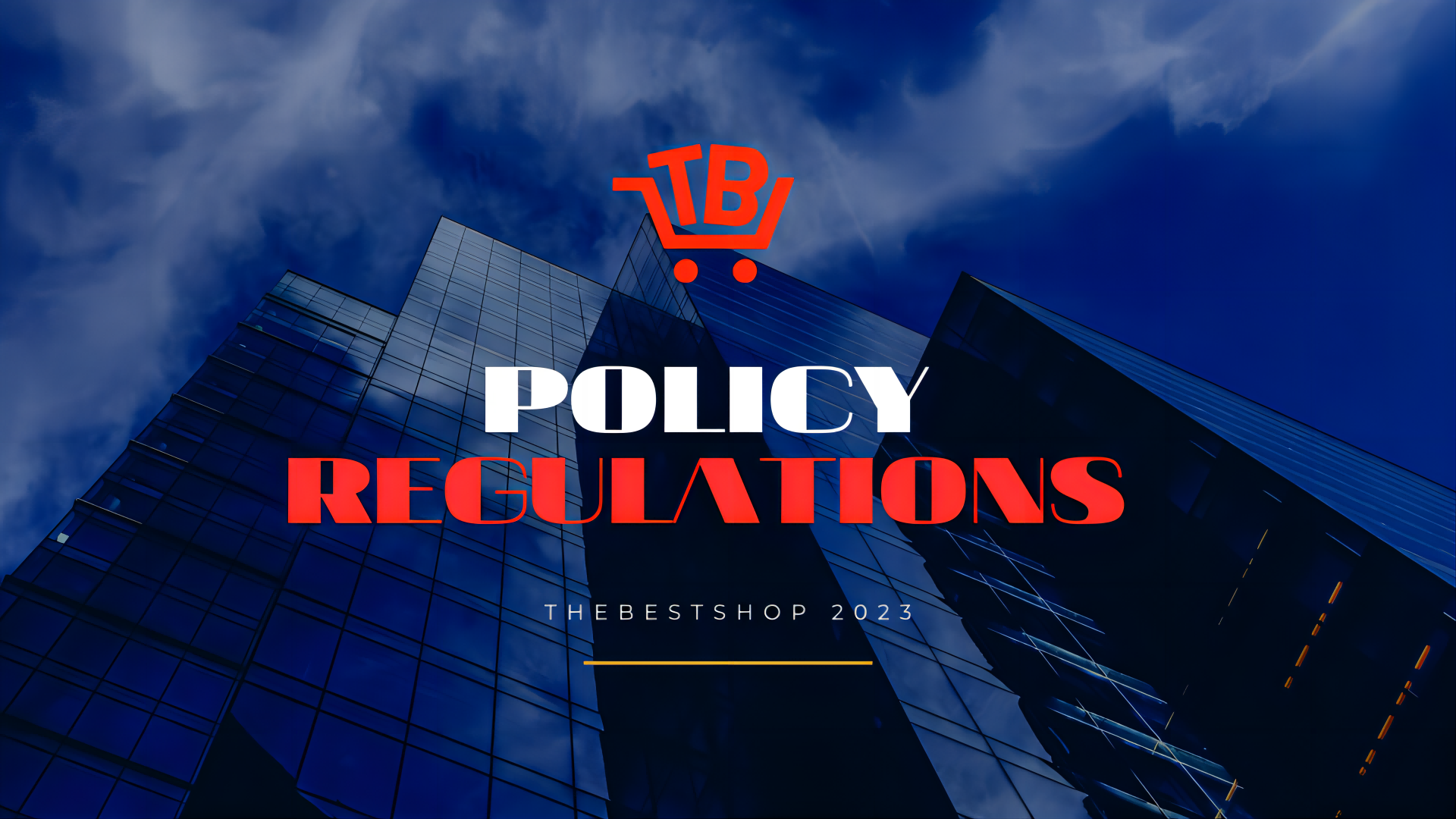The policy and regulations for cross-border e-commerce

The policy and regulations for cross-border e-commerce in Africa mainly include the following aspects:
Customs supervision
Customs supervision of cross-border e-commerce import and export goods in various African countries is becoming increasingly stringent, including strengthening the supervision of customs declaration, inspection and other links to ensure the legitimacy and safety of goods. In addition, some African countries have also imposed registration and filing requirements on cross-border e-commerce platforms to better supervise and manage cross-border e-commerce business.
Tax policies
Tax policies in African countries vary by country, but generally involve taxes such as value-added tax, consumption tax, and tariffs. Different countries have different degrees of enforcement of tax policies. Some countries impose business tax and income tax on cross-border e-commerce platforms and sellers, while other countries levy relatively small or exempt taxes on cross-border e-commerce. In addition, some African countries also stipulate that cross-border e-commerce platforms and sellers need to pay a certain amount of deposit to ensure compliance with tax policies.
Trade policies
Trade policies in African countries vary by country, but generally involve issues such as import licenses and export tax rebates. Some African countries have imposed restrictions on the import of goods by cross-border e-commerce platforms and sellers, requiring them to obtain corresponding import licenses before engaging in import business. For export business, some African countries provide cross-border e-commerce platforms and sellers with certain export tax rebate policies to promote the development of export business.
Intellectual property protection
The level of intellectual property protection in various African countries is not the same, but generally involves intellectual property such as trademarks, patents, and copyrights. For cross-border e-commerce platforms and sellers, protecting their own intellectual property is very important. They can register trademarks, patents, etc. to ensure their legitimate rights and interests. At the same time, cross-border e-commerce platforms and sellers also need to comply with the intellectual property laws and regulations of various countries to protect the rights and interests of consumers.
Data security
Data security laws and regulations in various African countries are not the same, but generally involve issues such as data privacy protection and network security. Cross-border e-commerce platforms and sellers need to comply with the data security laws and regulations of various countries to ensure the protection of consumers' personal information. In addition, cross-border e-commerce platforms and sellers also need to strengthen network security construction to ensure the security and reliability of their systems, to prevent risks such as network attacks and data leakage.
In summary, the policy and regulations for cross-border e-commerce in Africa are multifaceted, involving customs supervision, tax policies, trade policies, intellectual property protection, data security, and other aspects. For cross-border e-commerce platforms and sellers, compliance with the policies and regulations of various countries is very important, which can ensure the legality and stability of their business, while also improving consumers' trust and satisfaction with them.